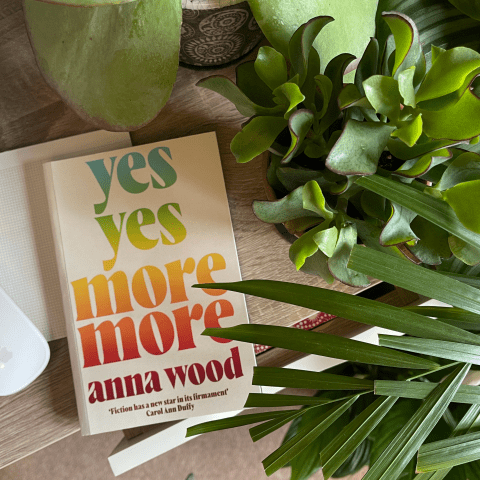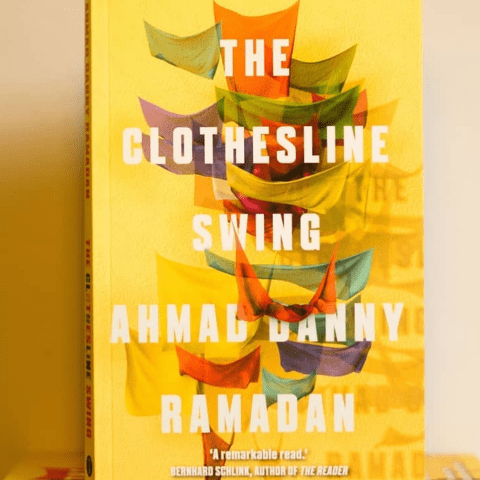When a teenager runs away from his father’s mysterious commune, he sets in motion a domino effect that connects a cast of six characters who narrate Wonder Valley.
There’s Ren, just out of juvie, who travels to LA in search of his mother. There’s Owen and James, teenage twins who live in a desert commune, where their father, a self-proclaimed healer, holds a powerful sway over his disciples. There’s Britt, who shows up at the commune harbouring a dark secret. There’s Tony, a bored and unhappy lawyer who is inspired by the runner. And there’s Blake, a drifter hiding in the desert, doing his best to fight off his most violent instincts.
Their lives will all intertwine and come crashing together in a shocking way, one that could only happen in this enchanting, dangerous city.
Praise
‘Wonder Valley is destined to be a classic L.A. novel. From desert scrub to cold blue sea, it carries an eloquent yet hard-edge take on the contradictions of a place so difficult to define. It’s impossible to put down.’
—Michael Connelly, #1 New York Times bestselling author
‘A vision of Southern California that is at once panoramic and intimate… This novel paints an unforgettable portrait of people who long, above all else, for community and connection.’
—Edan Lepucki, author of California
‘Wonder Valley seethes with the vivid, searching idea of Southern California. But as the intersecting journeys of hippie acolytes, restless hoods, lost boys and all manner of runaways converge, Pochoda enacts a aching dream of home that will possess and haunt you.’
—Smith Henderson, author of Fourth of July Creek


















